
The Liar [1950] – ★★★★1/2
You say the most important thing as indirectly as possible in your story, and that is how you truly capture the attention and interest of your reader. In this classic novel by Danish author Martin A. Hansen (1909-1955), our narrator is schoolmaster Johannes Vig (Lye) living on one very small Danish island of Sandø – “a molehill in the sea”, and we all become “Nathanael”, an imaginary addressee of the schoolmaster’s sporadic diary-entries. While teasing and taunting his reader, Johannes details the natural beauty of the island and comments on its most illustrious inhabitants and their relationships. Local beauty Annemari wants to break off from her long-term beau Olaf, who is now away from the island. Olaf has been involved in a tragic boat incident some years previously, where one man died, and is apparently not the same anymore. Meanwhile one engineer Harry takes Olaf’s place in Annemari’s life, but the situation appears complex as Olaf’s return is imminent. As the novel so insidiously progresses, the question becomes: what is the place or role of our narrator, mysterious Johannes Vig, in all these happenings? Is his narrative reliable?, and if not, can we differentiate truth from fiction? While evoking the best of the epistolary literary tradition, notably George Bernanos’s The Diary of a Country Priest and Hjalmar Soderberg’s Doctor Glas, Hansen penned an existential novel about the gradual finding of meaning in the fleetness of life, and coming to terms with the passage of time in a remote place where time has stood still.
Continue reading “Review: The Liar by Martin A. Hansen”

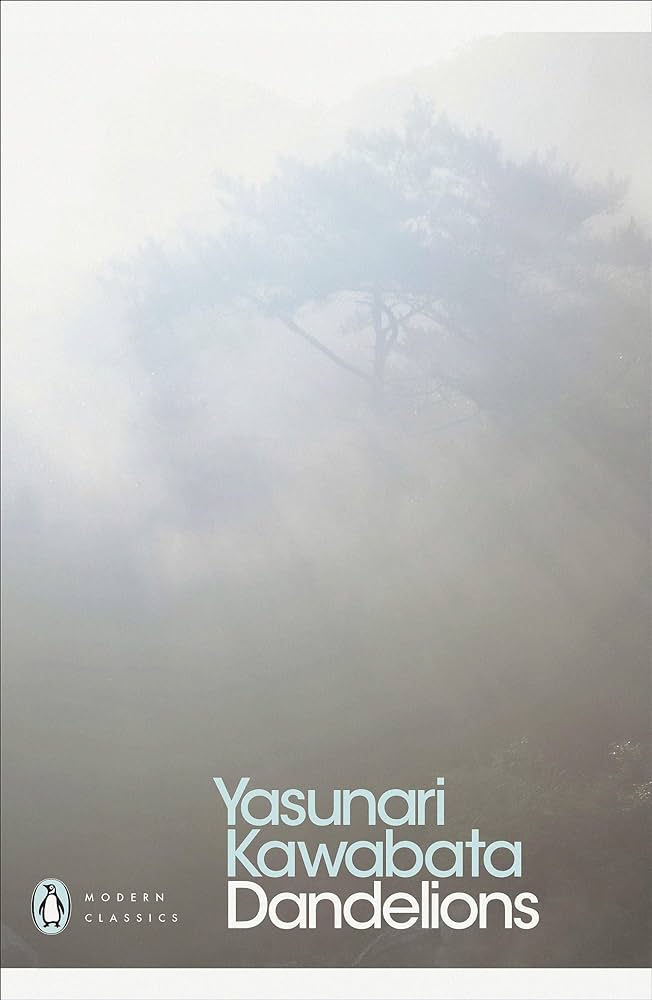
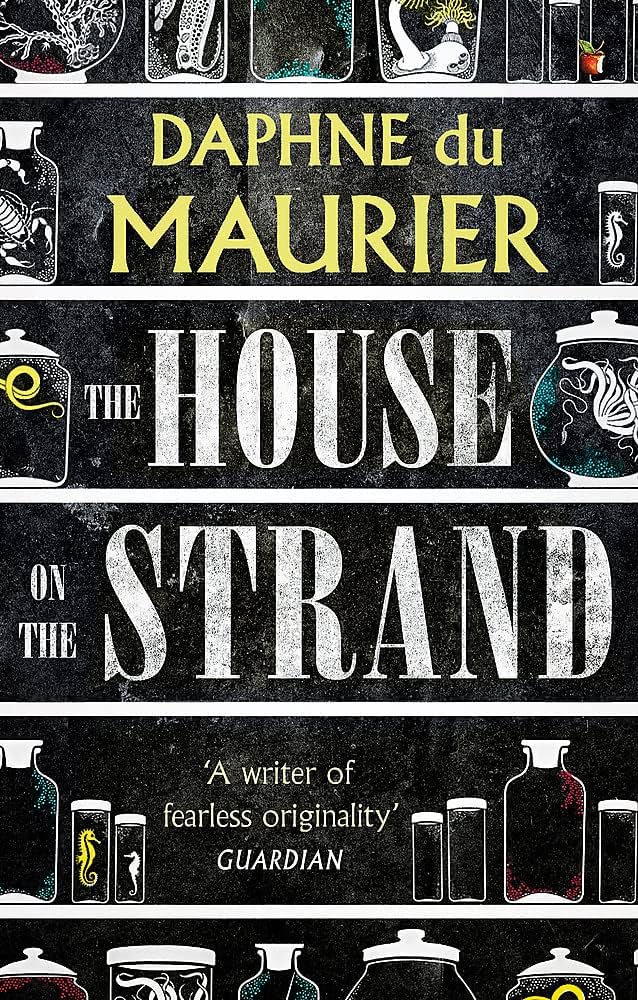


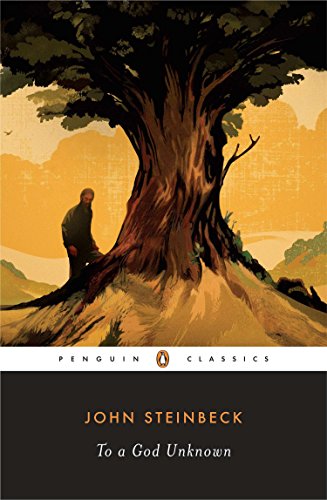
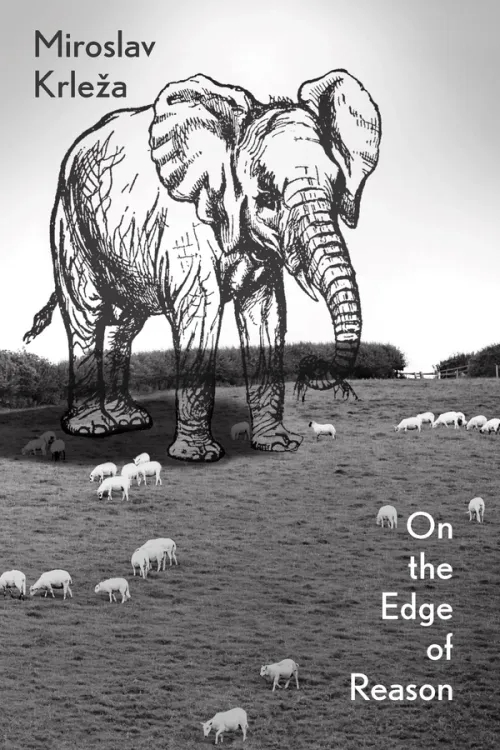
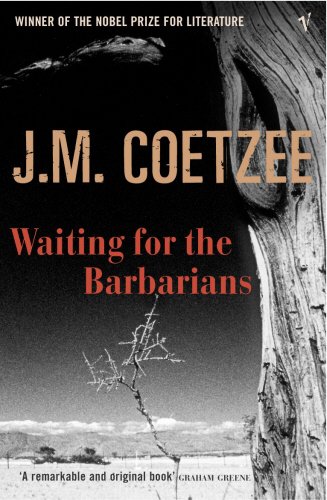

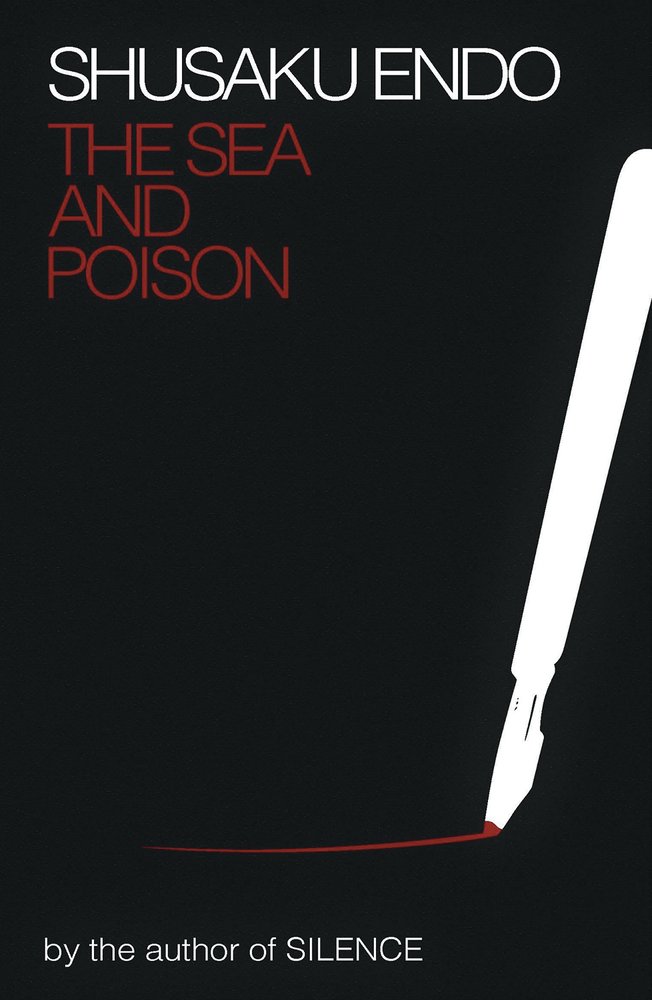

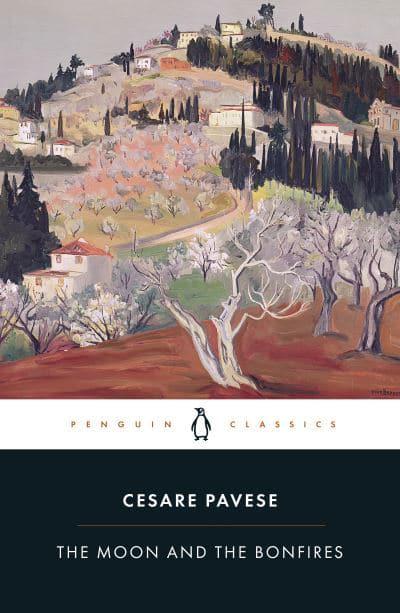










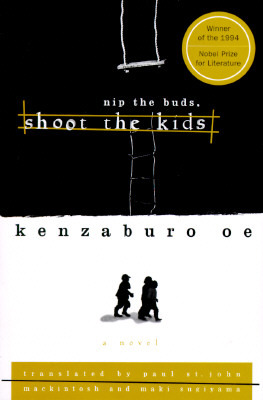
 Fear and Trembling [1999/2001] – ★★
Fear and Trembling [1999/2001] – ★★ The Detour [2010/2012] –
The Detour [2010/2012] –  Melmoth [2018] –
Melmoth [2018] – 
 The Fishermen [2015] –
The Fishermen [2015] –  Amulet [1999/2006] –
Amulet [1999/2006] – 





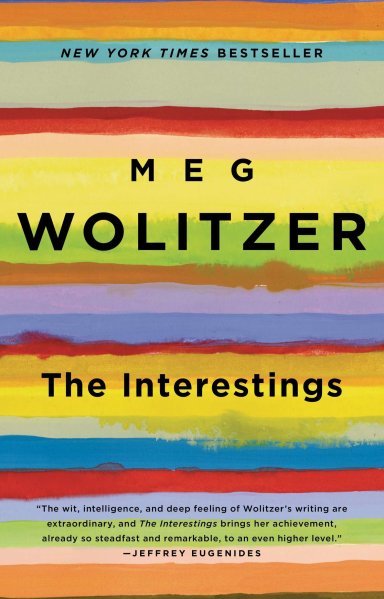 The Interestings [2013] –
The Interestings [2013] – 




 rench Exit [2018] –
rench Exit [2018] – 

 The Lost Steps [1953/1989] –
The Lost Steps [1953/1989] – 
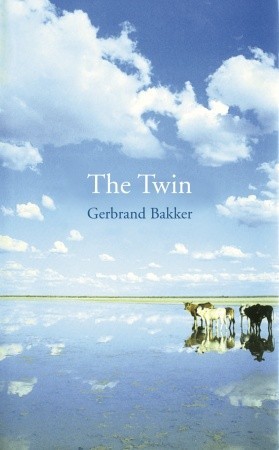


 The People in the Trees [2013] –
The People in the Trees [2013] – 
 Please Look After Mother [2008] – ★★★★
Please Look After Mother [2008] – ★★★★  I Have the Right to Destroy Myself [1996] –
I Have the Right to Destroy Myself [1996] – 



